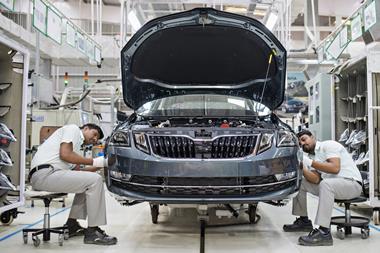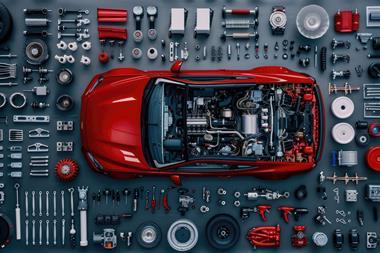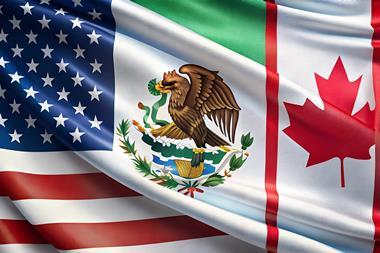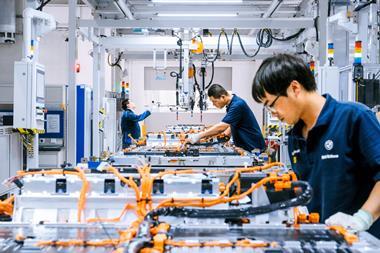.jpg)
Although collectively they have been more tragedy than success, tie-ups, alliances and cross-investment strategies are again gaining favour in the automotive sector. In a rudimentary way, such deals make sense; spreading the cost of technology development, platform sharing and joint vehicle production can save on investment while increasing turnover.
The TPCA (Toyota Peugeot Citroen Automotive) facility in Kolín, Czech Republic, is a case in point. Producing the Aygo, 107 and C1 city cars, the plant suffered only minor production cuts during the recent downturn. Had the models been built at separate locations, it is quite likely that those fictional plants would each have faced problems related to under-utilization. In another example, were Mitsubishi’s NedCar plant not producing the Peugeot 4007 and Citroen C-Crosser alongside its own Outlander, plant under-utilization might take on greater importance (for more on Mitsubishi, see our cover story on page 22). In the same way, the cross-company investment between Daimler and Renault appears likely to benefit both companies. While Daimler will possibly adopt Renault platforms for production of one or more small cars, and possibly an electric vehicle (the company's new plant in Kecskemét, Hungary is slated to produce two new small Mercedes-Benz models), Renault – and Nissan – would gain access to Daimler’s premium diesel engines and other technology.
Does this trend of limited buy-in mark the end of wholecompany takeovers? With the tentative nature of the Renault cross-investment, it appears that both the ill-fated Chrysler takeover and Mitsubishi Fuso investment debacle still loom large in Daimler’s collective memory. On the other hand, Fiat’s own management of Chrysler is progressing well, with cross-brand platform and engine sharing, the proposed export of US-built Chrysler models to Europe, and North American production of the Fiat 500.
It is not, then, the depth of the tie-up that can cause such deals to sour. More, it is the compatibility of the companies taking part. DaimlerChrysler was almost destined to fail, the management styles and even the products being at odds with each other from Day 1. On the other hand, the Renault-Nissan Alliance, now in its 11th year, owes a great deal to Carlos Ghosn, but also to the way that the roles of the two companies have been clearly defined.
Perhaps carmakers, then, have learned from history. Like any relationship, partners have to be carefully vetted. The novelist George Santayana said: “Those that cannot learn from history are doomed to repeat it.” Wise words worth bearing in mind when considering corporate crossinvestment.


































